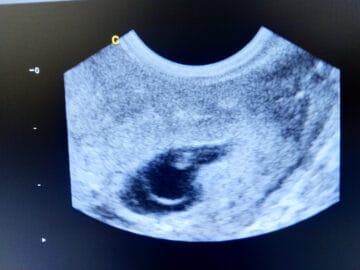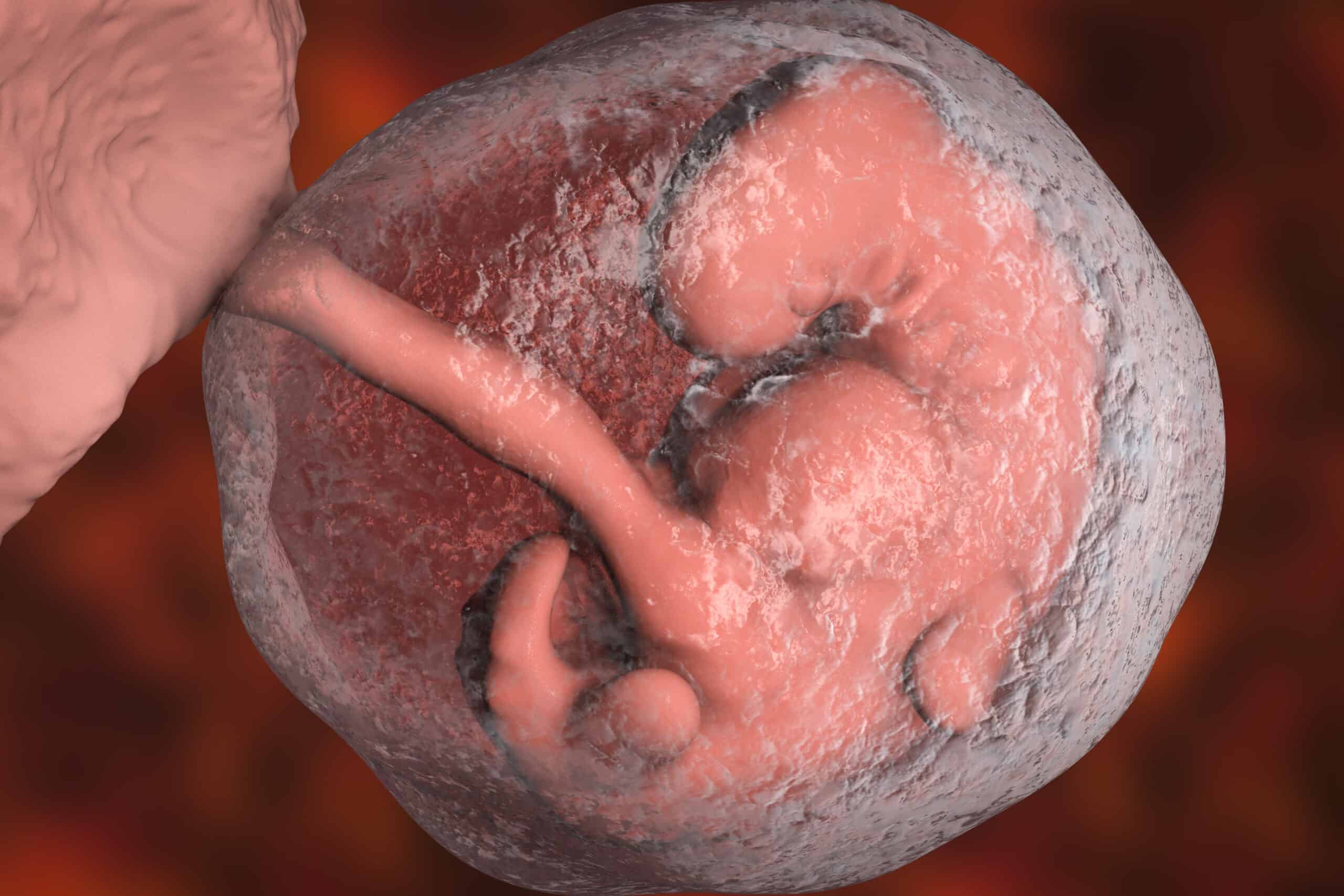You're four weeks along in your pregnancy and wondering what to expect. What sort of changes are happening in your body right now? We're here to answer all of your questions. Read on to find out all you need to know about your pregnancy at this stage.
Key Points
- Four weeks along is generally when a pregnancy will show up as positive on a pregnancy test.
- This is when your placenta will begin to form- this is an essential part of your baby's development.
- Make sure you inform yourself on the possible complications that can arise at this stage.
Body Changes at Four Weeks Pregnant
Congratulations! Now that you're 4 weeks pregnant, your focus from now on is to be healthy. Rest, eat right, get regular exercise, and establish a steady schedule of prenatal visits with your care provider. You're doing everything for two now, which means taking care of two people the very best that you can.
At four weeks pregnant, you may be experiencing any of the following pregnancy symptoms: missed period, nausea, vomiting, dizziness, headaches, bloating, a feeling of fullness, light cramping, poor appetite, frequent urination, and breast tenderness. If you've had some minor spotting in the past week, it may be implantation bleeding, which is not a cause for concern.
Some women have no symptoms at all at four weeks, which is perfectly normal. As soon as you discover you are pregnant, schedule your first appointment with your OB/GYN or midwife. Early prenatal care is important.
After four weeks of pregnancy, a test will probably be able to detect your pregnancy. Pregnancy tests look for a special hormone in the urine or blood that is only there when a woman is pregnant. This hormone, hCG, increases drastically each day you are pregnant.
Your Baby's Growth and Development at Week Four
The baby's brain, spinal cord, heart, and other organs begin to form. Your baby is now about 1/25 of an inch long (0.04 inches).
Four weeks into your pregnancy, your baby, called an embryo at this stage, consists of two layers of cells: the epiblast and the hypoblast, which will eventually develop into all of your baby's organs and body parts.
Two other structures that develop at this time are the amnion and the yolk sac. The amnion, filled with amniotic fluid, will surround and protect the growing embryo. The yolk sac will produce blood and help to nourish the embryo until the placenta takes over that role.

The placenta has also started to form — it is producing hCG, among other hormones. Your baby will be reliant on the placenta for nutrition as it develops. When your baby is born, the placenta should follow it after delivery.
What Sort of Complications Could Happen?
Pregnancy complications are unfortunately common in the early stages of pregnancy. While no person ever wants to consider these unfortunate occurrences, sometimes the reality is we have to face them. It's important to be aware of what sort of complications could occur at four weeks pregnant.
Severe vaginal bleeding. While experiencing spotting is normal at this stage, excessive bleeding is not. This issue can be indicative of an impending miscarriage. If this is occurring, get to your doctor as soon as you can.
Severe vomiting. While vomiting is common during the first trimester, severe vomiting is a reason to be concerned. If you're vomiting too frequently, you'll miss out on the essential nutrients that you need to be healthy and that your baby needs to develop properly. If you're experiencing severe or very frequent vomiting, see your doctor.
Miscarriage. Unfortunately, miscarriages can definitely happen at this stage. Signs of an impending miscarriage include severe bleeding, lower abdominal cramps, backaches, and uterine contractions. Someone who has not had a miscarriage previously has a 15% chance of having one. This risk rises if a previous miscarriage has been had.
Ectopic pregnancy. When implantation occurs outside of the uterine cavity, an ectopic pregnancy occurs. Usually, implantation occurs in the fallopian tubes instead. This is considered a medical emergency; if you have reason to believe you're experiencing this, go to the hospital immediately. Symptoms include lower abdominal pain on either side, sudden cramping, fainting, vaginal bleeding that goes beyond spotting, burning when you urinate, increased urination, and fever. If caught early, an ectopic pregnancy can resolve on its own with treatment and surgery. If left untreated, ectopic pregnancies can result in internal hemorrhaging and death. Fortunately, fatal ectopic pregnancies are rare in the United States.
If you believe you are experiencing any of these complications, it's important to get to your doctor or to a hospital as soon as you can. It's important to not over-stress about these potential issues, as stress is bad for you and for your baby's development. If you're unable to get these concerns out of your mind, then it may be time to go speak to a counselor. Some caution and awareness is healthy, but too much of it and it will turn into crippling anxiety.
Conclusion
So there you have it. Everything you need to know about being four weeks pregnant. Since it's likely you've just found out you're pregnant, congratulations! If you're still trying for a baby while reading this, we wish you the best of luck. Becoming a parent is an exciting thing! We have plenty of resources on this site that we encourage you to look through as you prepare to become a parent. We've got your back, from birth to college!
The information in this article should not be taken as professional medical advice. Always seek the advice of a doctor for any medical questions or concerns. Moms Who Think is not responsible for any outcomes that may arise as a result of actions taken based on information we provide. It is your responsibility to do your own research and to take the appropriate measures to protect your health.
